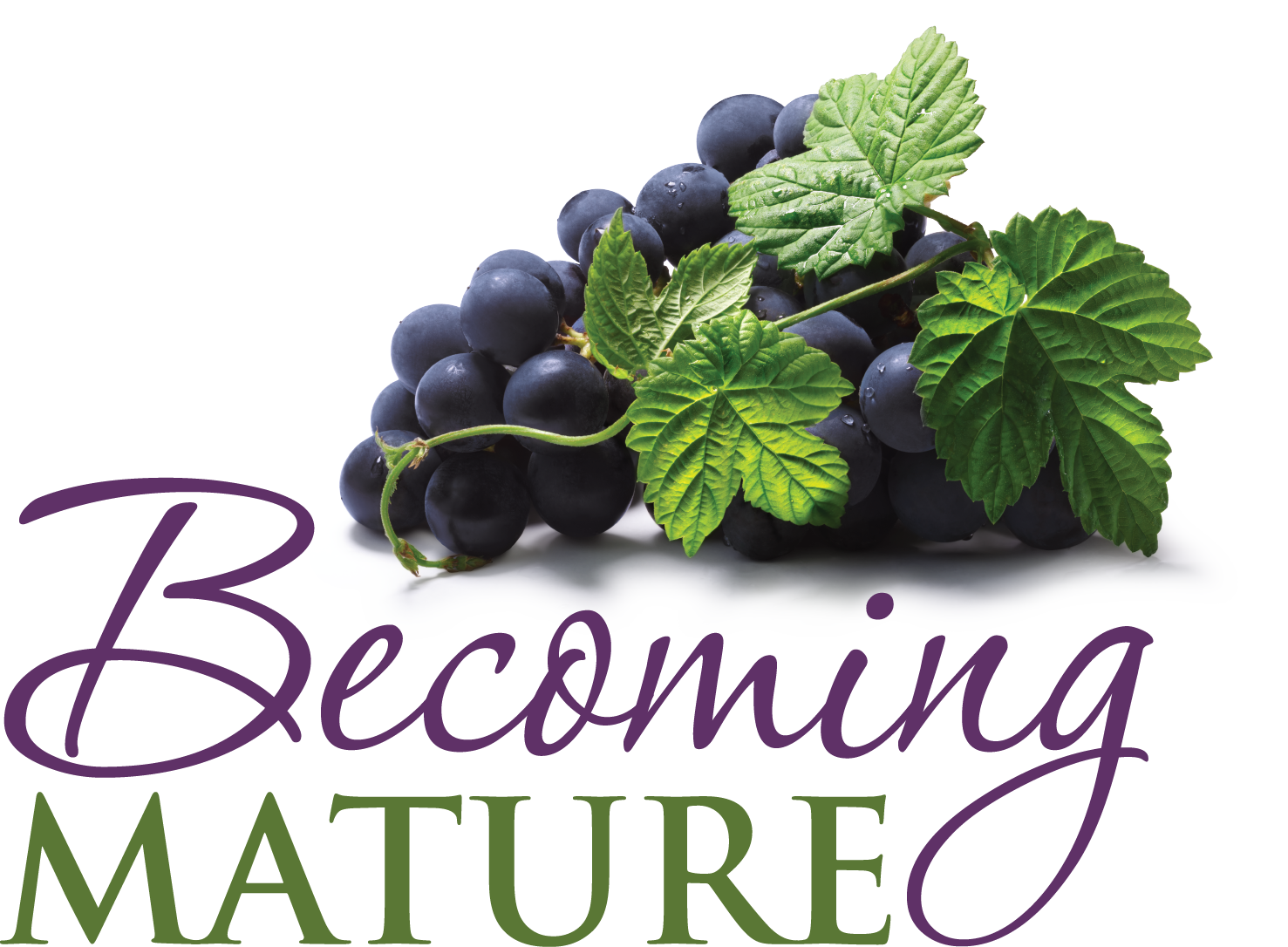Defining "hay" and the Consequences of Sin
Originally posted on 11/20/2009
I was cleaning my study at home recently, which means I was rustling through the old magazines scattered about that have been only partially read. That's when I came across a reference to this article: "What the Hay!? In Texas, Giant Bales Go Missing." The title is a good one in that it lets you know the content of the story. If you need a little more, here is one of the early paragraphs in the piece:
To the many ills being wrought by a brutal drought in Texas, add this: hay rustling. Searing summer temperatures and a lack of rain have turned pastures here brown and crunchy, depriving cattle of the green grass they usually live on this time of year. That has made hay, a particular kind of dried grass that is nutritious feed for livestock, a precious commodity.
The rest of the article is what you might expect: interviews with ranchers, the lengths they've gone to attempting to identify the thieves, the economic impact on the price of beef, and so forth.
What made this rather unremarkable human interest story interesting was the last line in the paragraph quoted above. "That has made hay, a particular kind of dried grass that is nutritious feed for livestock, a precious commodity." Are we really so far removed from agriculture that the author must define the word "hay" before the reader can understand? Granted this is the Wall St. Journal we're talking about here—a paper with a clientele that isn't know for getting dirty. But still, seriously?
Living in a society that is so far removed from agriculture that the word "hay" has to be defined has some rather serious and unexpected theological consequences, the most notable of which is our inability to picture in our minds much of the imagery of the Bible.
Many today seem to think that the Bible is limited primarily to the realm of the scholar or theologian. What is often forgotten is that the Bible was written to ordinary people, living ordinary and rather predictable lives. God intended to communicate with these common people in a way that was meaningful and easily understood. So he filled his Word with pictures and illustrations they would understand.
Most were involved in some way or another in agriculture. They knew how seeds were sown, how plants grew, the importance of rain, the care and feeding of animals…and what it took to slaughter them. They were aware that meat didn't come from the store in nice shrink wrapped packages. They knew that the meat came from the taking of a life.
Many of us, on the other hand, have no conception of the work being done on the farm. Food is merely a commodity to be purchased (often pre-cooked) without a thought of the processes that produced it. If we were forced to take a tour through the slaughterhouse, many would be appalled. It is this natural revulsion to the taking of these lives that cause many to live as vegetarians.
For the record, vegetarianism isn't supported by the Bible. Eating meat is a moral (and delicious) activity! See Gen 9:3; Deut 12:20-21. But if this isn't an appeal to vegetarianism, then what's the point?
Simply this: because we are so far removed from the actual raising and slaughter of animals, we have a hard time really getting a good mental grasp on the terrible consequences of sin. When the ancient Israelite took an animal to the Tabernacle (or later the Temple) to offer a sacrifice, he would hear the bellowing of the animals that were bound with ropes to the alter. He would see their terror of the fire and the blood and the smell of death that was all around them. He would watch as the throat was cut and the warm blood was caught in a basin as it spurted from the severed vein. He would see the animal disemboweled as the organs specified by God would be cut away and placed on the fire.
He would also see the priest, in his white linen now smudged with soot and ash from the fire, splattered with blood from the sacrifice, go to the great bronze laver to wash their hands and feet before they could enter the presence of God.
He saw what we, in our sanitized world, do not see: the terrible consequences of sin. For the blood, the fire, the ash and soot, the terrified animals, the stench of death were all because of sin; the sin of those bringing the animals and the sin of those offering them. This was the cost to enter into the presence of the Holy One of Israel. If there had been no sin, then none of this would have been necessary.
And because he saw all this, he saw the wretchedness of his own sin. Or at least he should have.
Some in Texas are trying to maintain a certain perspective on the theft of the hay.
Some ranchers, while not condoning theft, empathized with the idea that someone might be desperate enough to steal hay. "You don't want to let the cows starve," said Mr. Gott, the 71-year-old cowboy.
But stealing is sin, even if it's making off with "a particular kind of dried grass that is nutritious feed for livestock." And the terrible consequences can be seen by looking at the altar. Or better yet, at the cross.
